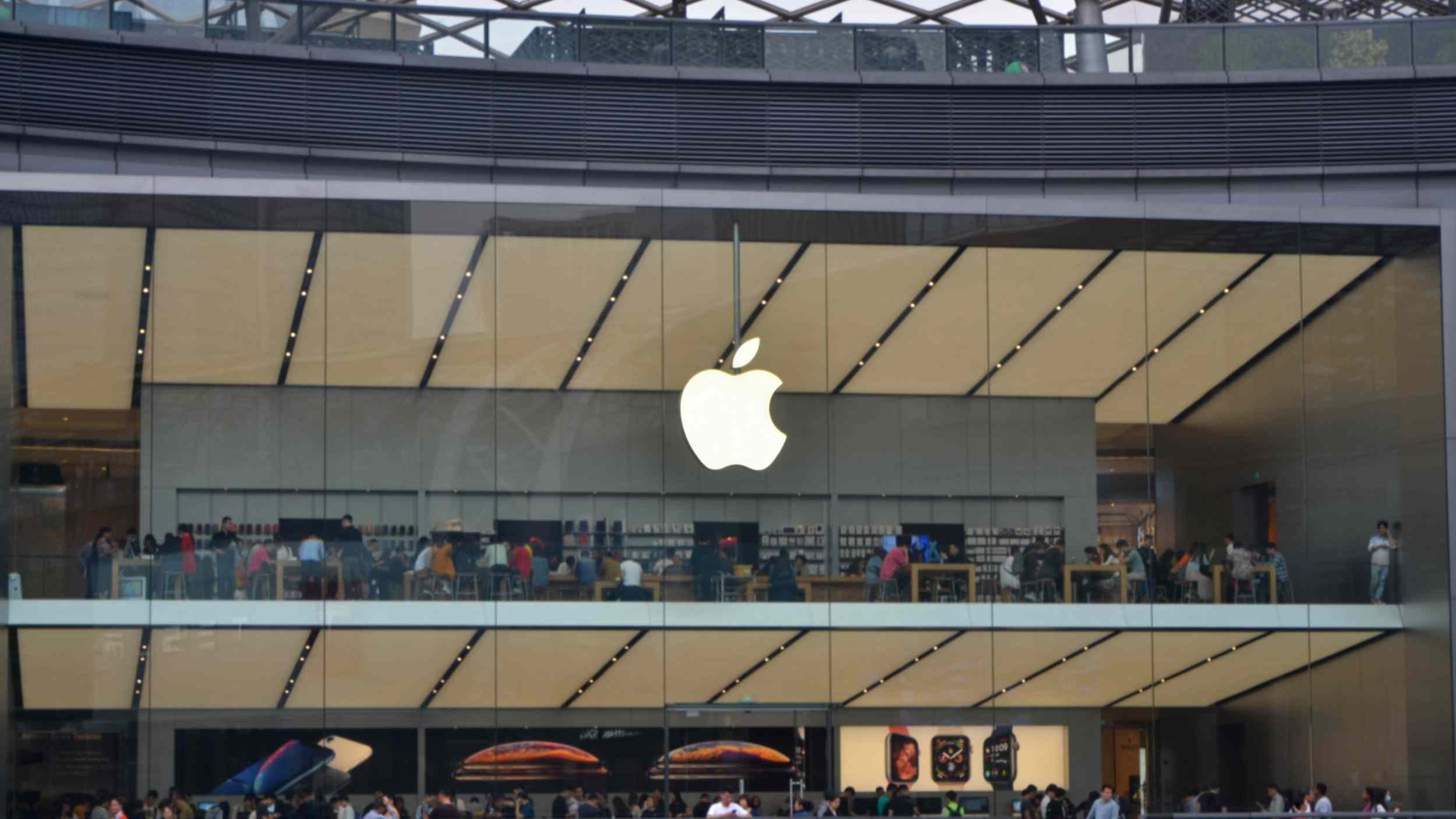
Business
21:49, 15-Nov-2018
Prominent managers loaded up on Apple before recent tumble
Updated
21:12, 18-Nov-2018
CGTN

Several prominent investors put fresh money to work in Apple during the third quarter even as they sold out of other high-flying tech companies, betting the iPhone maker's stock would keep rising as strong growth overshadowed rising trade tensions between the United States and China.
The purchases, which were revealed in securities filings on Wednesday, may leave large investors with steep losses if Apple continues its more than 15 percent decline for the month so far.
Mutual fund giant Fidelity added seven million shares, bringing its total holdings to 110.9 million shares, regulatory filings and data from research firm Symmetric.io show. Janus Henderson Group added 3.3 million shares for a total of 20.8 million shares and J.P. Morgan Chase & Co boosted its holding to 42.7 million shares after adding 1.3 million.
Philippe Laffont's Coatue Management made a big bet by raising his exposure by 938 percent to 884,321 shares, while Chase Coleman's Tiger Global Management put on a new position to own just over one million shares.
Despite the steep declines in Apple, some hedge fund managers said that they are continuing to add to shares in the company.
"We know it is not a Facebook or a Google with eye-popping growth but we're not paying for that," said Shawn Kravetz, founder of Esplanade Capital, at the Reuters Global Investment 2019 Outlook Summit in New York on Wednesday.
Kravetz, who added to his Apple position Wednesday morning, said investors like himself are attracted to the company's compelling valuation compared to other Silicon Valley giants.
The declines in Apple may add to what is proving to be another difficult year for the hedge fund industry.
Overall, the average hedge fund dropped nearly three percent in October, the worst monthly loss since 2011, in large part due to over-exposures to the technology industry, according to Hedge Fund Research.
Given the increased volatility in the US stock market, defensive-minded funds will likely post the strongest returns through the end of the calendar year, said Kenneth Heinz, president of HFR.
"Anticipating the market volatility which began in September and accelerated in October will continue into 2019, strategies positioned for this transitional market environment are likely to lead performance through year-end," he said.
Source(s): Reuters

SITEMAP
Copyright © 2018 CGTN. Beijing ICP prepared NO.16065310-3
Copyright © 2018 CGTN. Beijing ICP prepared NO.16065310-3